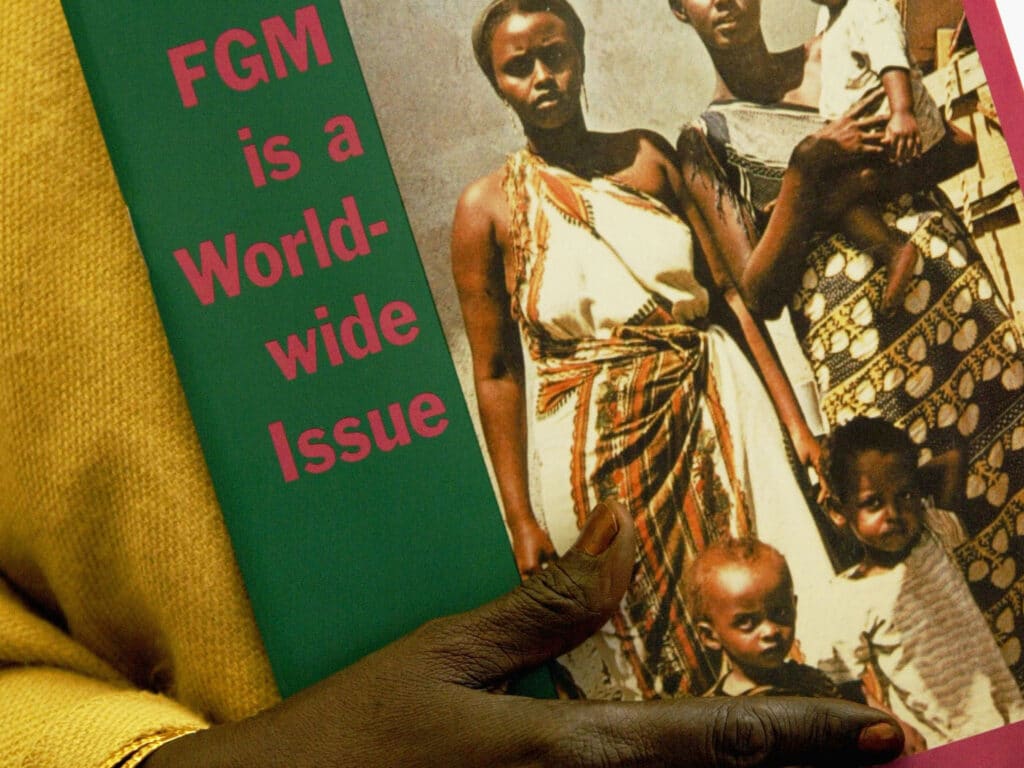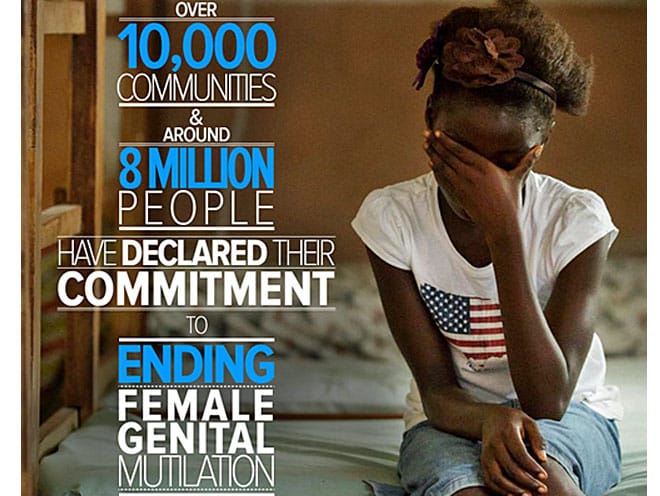https://issuu.com/mojatu/docs/mojatu_myth_busting_booklet
In the global landscape of human rights, female genital mutilation (FGM) stands as a stark reminder of the persistent challenges faced by women and girls worldwide. Contrary to common misconceptions, FGM is not exclusive to Africa; it transcends borders and cultures, affecting millions of individuals across the globe. This deeply entrenched practice knows no bounds, manifesting in various forms and contexts, from Africa to Asia, the Middle East to the Western world.
While often associated with certain African communities, FGM is not inherently an African problem. Its prevalence extends far beyond the continent, with cases documented in countries such as Yemen, Indonesia, and Iraq, among others. Each region may have its own cultural justifications and practices surrounding FGM, but the underlying harm and violation of human rights remain consistent. To view FGM solely through an African lens is to overlook the broader scope of its impact and perpetuate a harmful stereotype.

Furthermore, the notion that FGM is a religious requirement is a fallacy that must be challenged. While some communities may invoke religious beliefs to justify the practice, FGM finds no explicit endorsement in any major religious text. Rather, it is a cultural tradition that has been erroneously conflated with religious obligation over time. Religious leaders and scholars from various faiths have condemned FGM, emphasizing the principles of compassion, respect, and bodily autonomy inherent in their teachings.

To address the global issue of FGM, it is essential to recognize its universal nature and multifaceted causes. Education and awareness campaigns must transcend geographical boundaries, reaching communities worldwide to challenge the myths and misconceptions surrounding FGM. Legislation and policy frameworks play a crucial role in combating the practice, providing legal protection for those at risk and holding perpetrators accountable.

At the heart of the fight against FGM lies the empowerment of women and girls, ensuring they have the agency to make informed decisions about their bodies and futures. Support networks, both local and international, offer vital resources and assistance to survivors, enabling them to heal and reclaim their dignity. By fostering a collective commitment to ending FGM, regardless of cultural or religious context, we can strive towards a world where every individual is free from the shackles of this harmful practice.




